Slug - Early Volume (2016) [Hi-Res]
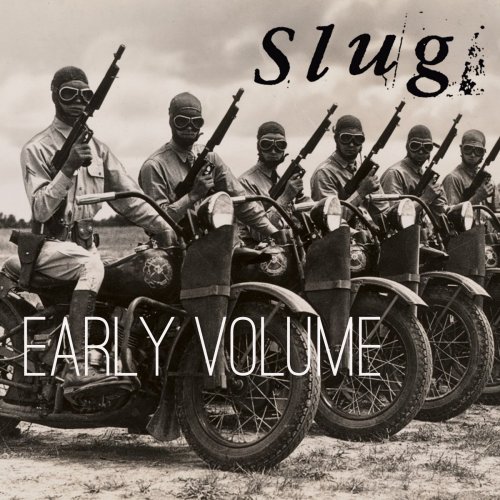
Artist: Slug
Title: Early Volume
Year Of Release: 2016
Label: Self Released
Genre: Noise Rock, Experimental
Quality: FLAC (tracks) [44.1kHz/24bit]
Total Time: 47:19 min
Total Size: 836 MB
WebSite: Album Preview
Tracklist:Title: Early Volume
Year Of Release: 2016
Label: Self Released
Genre: Noise Rock, Experimental
Quality: FLAC (tracks) [44.1kHz/24bit]
Total Time: 47:19 min
Total Size: 836 MB
WebSite: Album Preview
01. Sore Thumb [03:28] *
02. Painbaby [02:48] *
03. Freak of Nature [03:00] *
04. Aversion [03:22] *
05. Elevator [02:07] *
06. Breathe the thing out [02:33]
07. Go tell [01:39]
08. Break neck [02:18]
09. Godstopper [03:25]
10. Streetsweeper [02:29] *
11. Hambone City [02:32]
12. King of Ghosts [03:05]
13. Rubberape [02:36]
14. Seitenwagen [02:21]
15. Pink Party Dessert [03:41]
16. Borax [01:44]
17. Choker [03:05]
18. Sock [00:58] *
* - [48kHz/24bit]
Personnel:
Tomas Palermo - Drums
Todd Williams - Guitar
Damion Romero - Bass
Steve Ratter - Vocals
Michael Bergman - Bass
Rich Alvarez - Guitar (tracks 1-12)
Collin J. Rae - Guitar (tracks 13-17)
There’s never been anything even remotely approachable about Slug, the L.A. noise band that exploded onto the scene in a hail of distortion and feedback in the late ‘80s. They staged deliberately-deafening impromptu concerts outside at Loyola Marymount University, where the members of the band were working as radio DJs, and slowly built a catalog of music with guitars that sounded like breaking glass and basslines that undulated and howled like the sandworms in Dune.
But time has a funny way of sanding the edges of bands that once seemed confrontational. Music that felt oppressive two decades ago now wouldn’t sound out of place in commercial hip-hop songs, and some of the ‘80s most extreme genres—industrial music, in particular—now sound quaint and kitschy. Not so with Slug: the 18 songs that make up this collection still feel like repeated right-hooks from a studded boxing glove. Slug has no use for melody: “Freak of Nature” pits a preacher’s ranting and raving against guitars that groan like the failing engine on an old Camaro. The song bludgeons with repetition: the same pitch black four-note chord pattern buzzsaws over and over and over—like the noise rock version of water torture.
“Elevator,” the closest thing on the record to a “single,” takes the notion of industrial music literally, with rhythms that sound like they’re being beaten out on hubcaps and guitars that are all feedback, no tone. And “Pink Party Dessert” hits the gut like a cement medicine ball, 400-ton guitars whaling away at the same note ad infinitum. The closest analogue would be the similarly-maniacal anarcho-noise of New York’s Missing Foundation, but the fact that Slug keep halfheartedly feinting toward conventional pop structures—a chorus here, a middle eight there—makes their music feel more subversive, as if they’re providing us with entryways just to destroy them. Slug deconstruct rock the way demolition crews bring down hotels: with explosive force and heavy machinery. — J. Edward Keyes
But time has a funny way of sanding the edges of bands that once seemed confrontational. Music that felt oppressive two decades ago now wouldn’t sound out of place in commercial hip-hop songs, and some of the ‘80s most extreme genres—industrial music, in particular—now sound quaint and kitschy. Not so with Slug: the 18 songs that make up this collection still feel like repeated right-hooks from a studded boxing glove. Slug has no use for melody: “Freak of Nature” pits a preacher’s ranting and raving against guitars that groan like the failing engine on an old Camaro. The song bludgeons with repetition: the same pitch black four-note chord pattern buzzsaws over and over and over—like the noise rock version of water torture.
“Elevator,” the closest thing on the record to a “single,” takes the notion of industrial music literally, with rhythms that sound like they’re being beaten out on hubcaps and guitars that are all feedback, no tone. And “Pink Party Dessert” hits the gut like a cement medicine ball, 400-ton guitars whaling away at the same note ad infinitum. The closest analogue would be the similarly-maniacal anarcho-noise of New York’s Missing Foundation, but the fact that Slug keep halfheartedly feinting toward conventional pop structures—a chorus here, a middle eight there—makes their music feel more subversive, as if they’re providing us with entryways just to destroy them. Slug deconstruct rock the way demolition crews bring down hotels: with explosive force and heavy machinery. — J. Edward Keyes
![Clifton Chenier - Classic Clifton (1980) [Hi-Res] Clifton Chenier - Classic Clifton (1980) [Hi-Res]](https://img.israbox.com/img/2025-12/20/7uht6cuaz3rb4d8ybfskyckea.jpg)

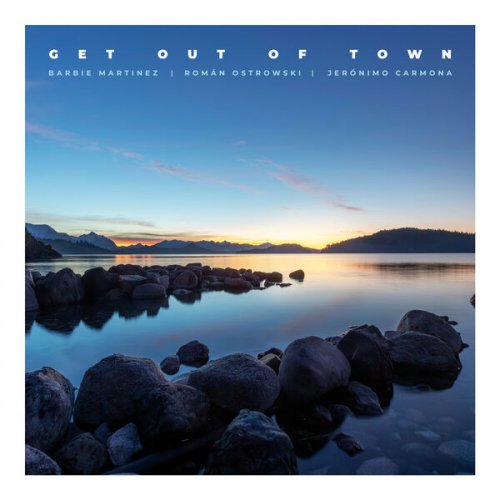
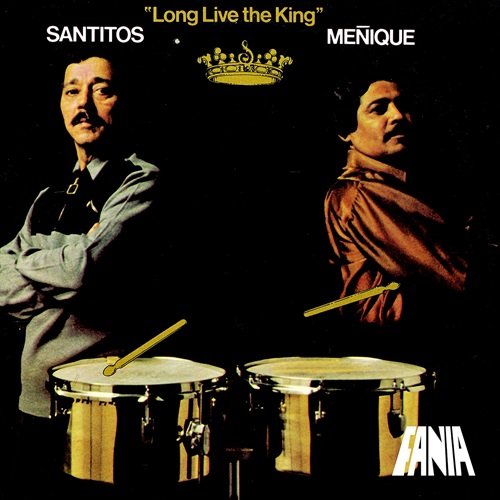
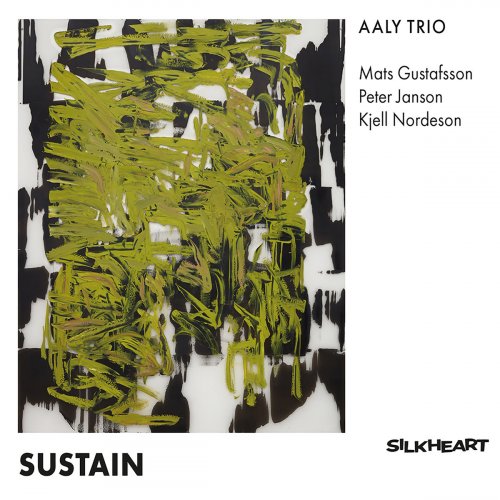


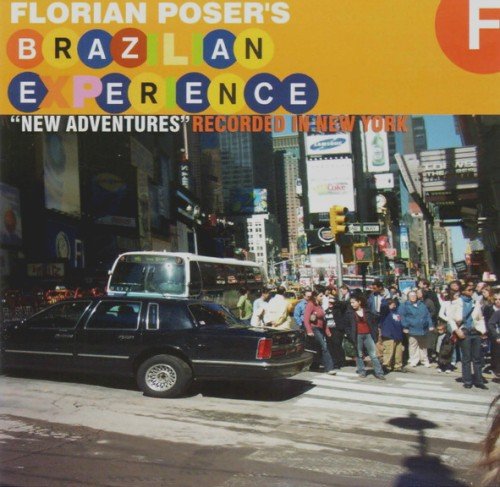
![Clifton Chenier - Live (1972) [Hi-Res] Clifton Chenier - Live (1972) [Hi-Res]](https://img.israbox.com/img/2025-12/20/ho8gau8m3me6gvkdop8e21lq3.jpg)